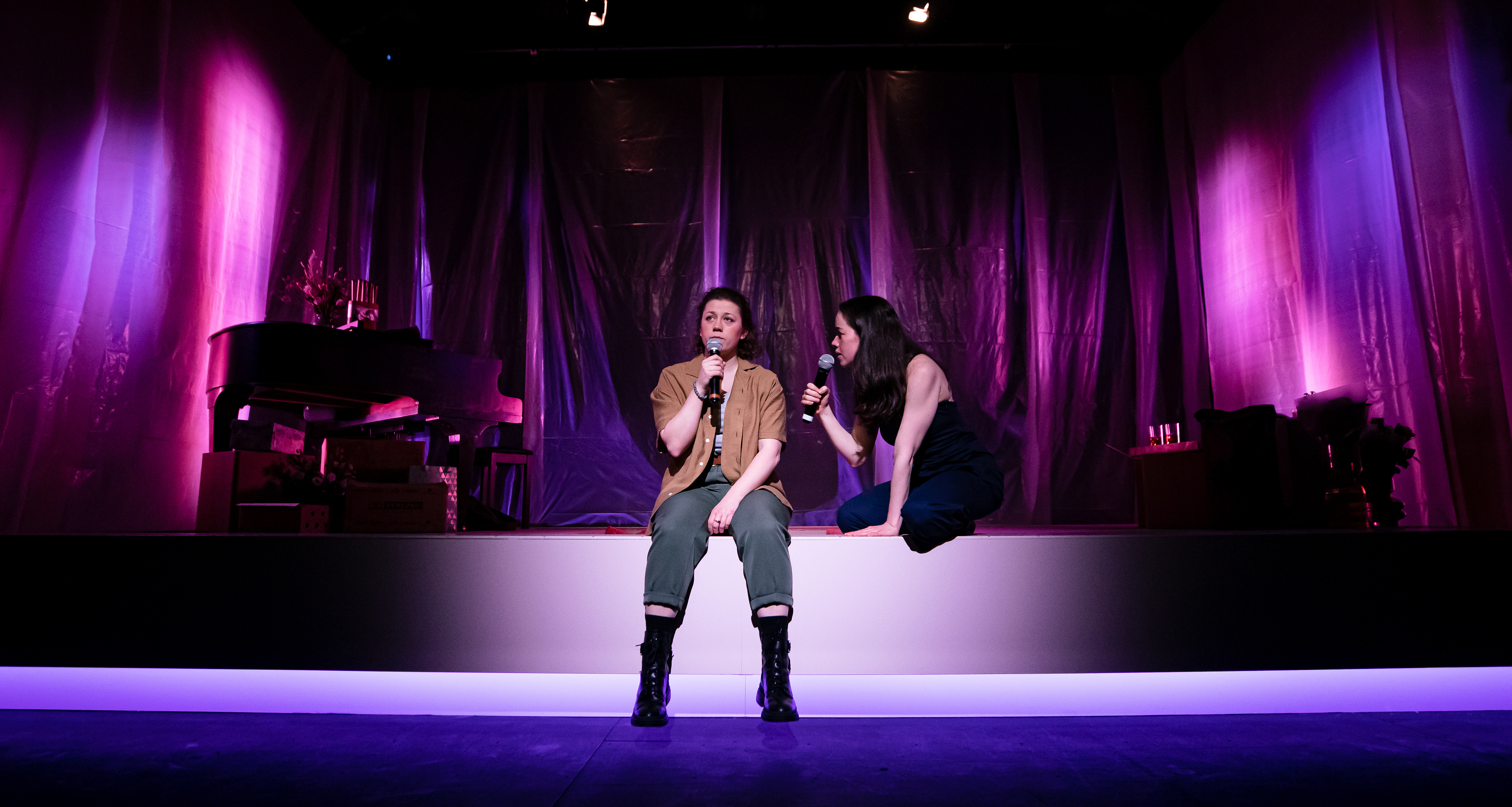
Reading Rep is celebrating its tenth anniversary of its formation and a second season in its new venue with some bold and original adaptations of familiar stories. After the glorious success of a one-woman version of Jekyll and Hyde with the incredible Audrey Brisson and an intriguing resetting of Christmas Carol in the Huntley and Palmer Reading Biscuit factory comes a modern adaptation of Hedda Gabler set somewhere near London. This risk-taking approach to theatre combined with a £10 ticket price for those under 30 appears to be engaging the local communities and bringing a younger excitable audience into the venue which is to be celebrated and applauded.
The original Henrik Ibsen’s Hedda Gabler was written in 1891 around a woman trapped in a marriage and a house that she does not want and has been considered by many as one of the great dramatic female roles in theatre. When I saw Sheridan Smith play the role at Old Vic in 2012, she beautifully captured the tragic consequences of her manipulative behaviour in a grand period house. This new production at the Reading Rep intimate venue is written by Harriet Madeley and seeks to reinvent the story in a modern setting with the two rival academic authors competing for publication as well as the attention of Hedda now given a modern twist by changing the gender of Eilert Lovburg, her former lover to Isla. The rest follows with the three women, Isla, Thea and Hedda secretly attracted to each other, seemingly without the men, George, her husband, and Brack, now a publishing agent being fully aware. Curiously the effect is that rather than feeling Hedda is trapped in a six-week-old marriage, she seems manipulative and in control of her actions and one wonders why she simply does not leave her husband whose mind is clearly on his work. Indeed, the characters have become one-dimensional and their jumps in behaviours seem unrealistic and unbelievable.


%20Mark%20Desebrock,%20Charlotte%20Warner.%20CRED%20-%20Harry%20Elletson.jpg.jpg.jpg)
